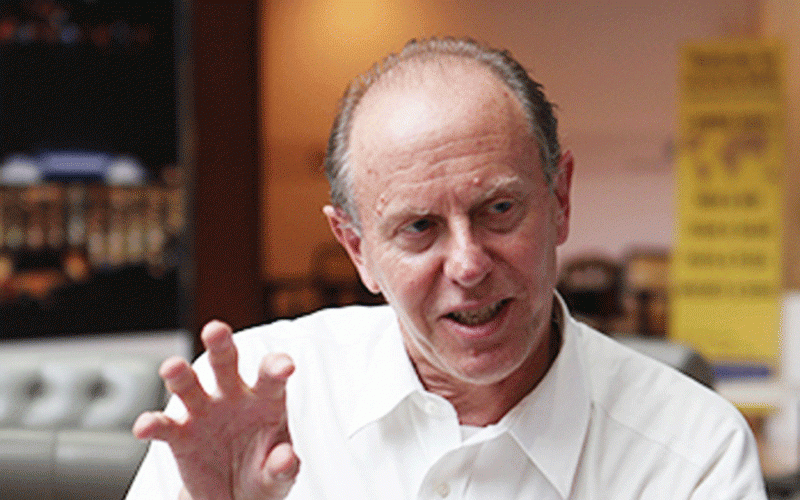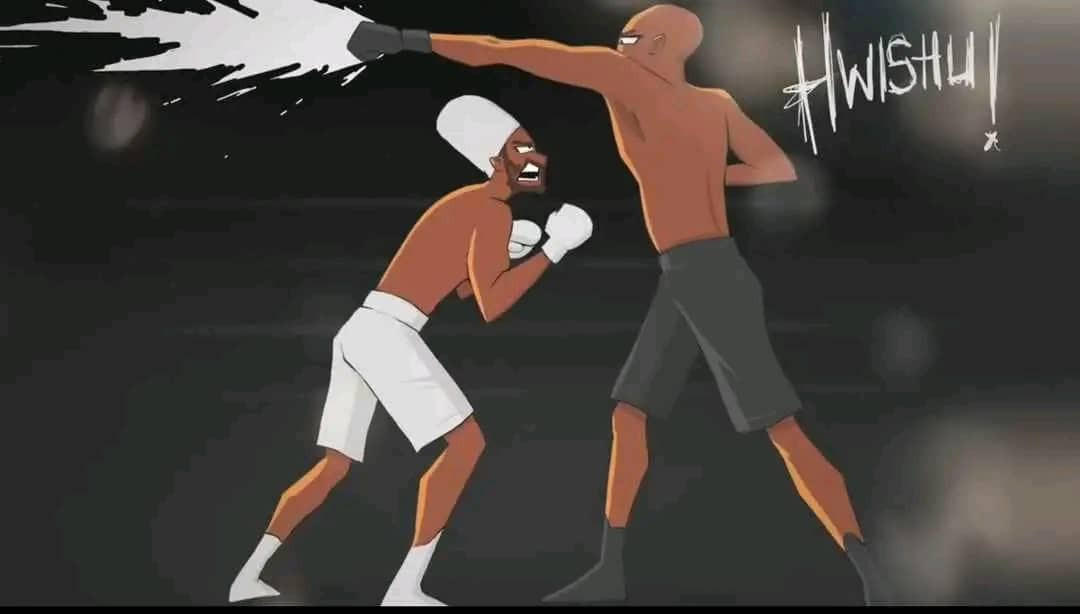
BULAWAYO mayor David Coltart clarifies that he isn't against cultural events, but the city's current water shortage demands prioritising resources to avert a disaster.
Recent reports claimed he stormed out of a meeting with the city's finance committee after a disagreement over the planned funding of US$300 000 for the Bulawayo Arts Festival scheduled for June
It’s said that tempers flared in the April 23 meeting after the tabling of a request to fund the festival to be held from June 2 to 5. The festival follows the commemoration of Bulawayo Day on June 1.
In an interview with Standard Style, Coltart said the story about him walking out of the meeting was incorrect; he had another meeting to get to.
“I expressed my view and then gave my apologies and left to go to the other meeting,” he said.
“So I didn't walk out. It was a perfectly amicable debate going on.
“Turning to your question, it's not that I'm against funds going to artistic endeavours. I'm totally behind that.
“As you may recall, I was the Arts and Culture minister and I recognise that arts and culture are a critical part of the tapestry of the city.
- Revisiting Majaivana’s last show… ‘We made huge losses’
- Edutainment mix: The nexus of music and cultural identity
- ChiTown acting mayor blocks election
- Promoter Mdu 3D defends foreigners 30 minute set
Keep Reading
“However, in this year we are facing major water shortages, and for example, we have to raise US$15 million to rehabilitate the pipeline.
“Although we've had promises from the government, we have not received the money yet, it is critical that we divert all possible resources towards ensuring that we don't run out of water.”
He added that this must not be taken that he is against arts and culture, but it is an emergency measure.
“As soon as things stabilise, we will do all in our power to adequately fund arts and culture,” Coltart said.
“The intention is not to undermine the cultural promotion of the city; far from it.
“What we need to do is focus on ensuring that we survive as a city, focus on ensuring that citizens get water.”
Coltart said the water situation would worsen, hence the need to invest much on water provision, particularly in high-density communities where the situation is dire.
“As you know, many people, particularly in high-density areas, are at best getting water one day a week and that is going to worsen,” he said.
“Our dams are sitting at 39% at the end of the rainy season and we face a potential catastrophe.
“Because of that, it is vital that we ensure that all possible reserves that are not used, for example, for the payment of salaries and critical services are directed towards the water crisis.”
The mayor said priority of water provision would not undermine the city’s cultural promotion.
“If people die in their tens of thousands because they have no water that undermines the city so we need to stabilise the city and then we can turn our attention to this critical and valuable process of promoting the city’s art and cultural heritage,” said.











